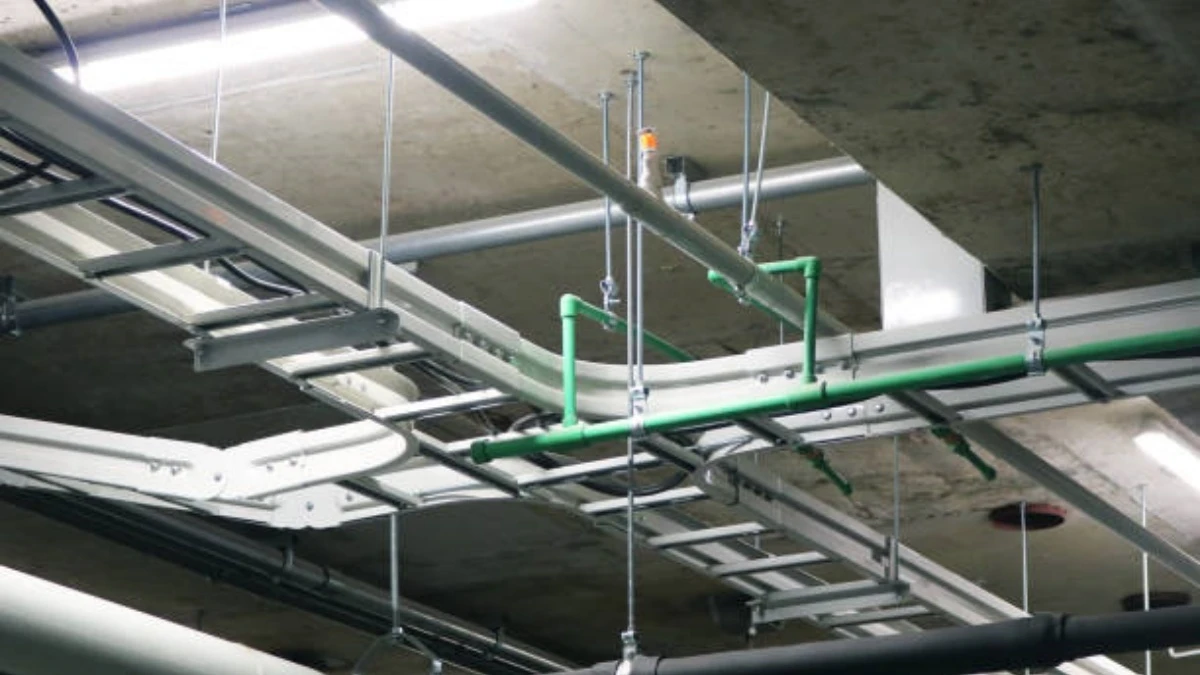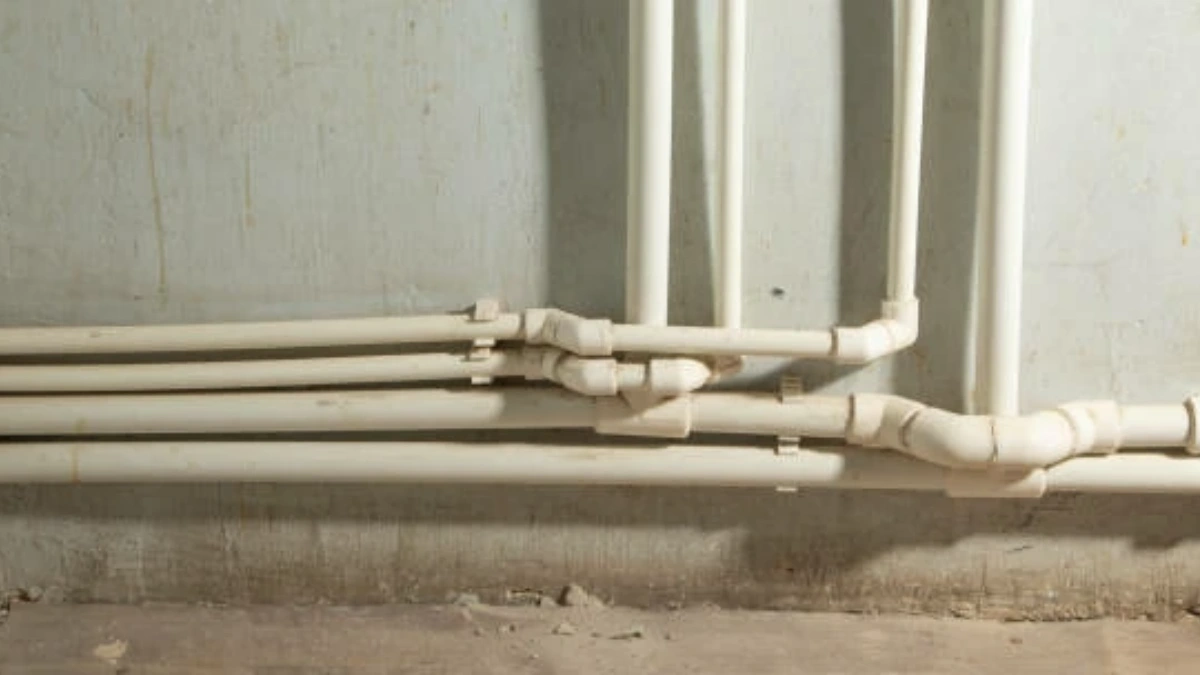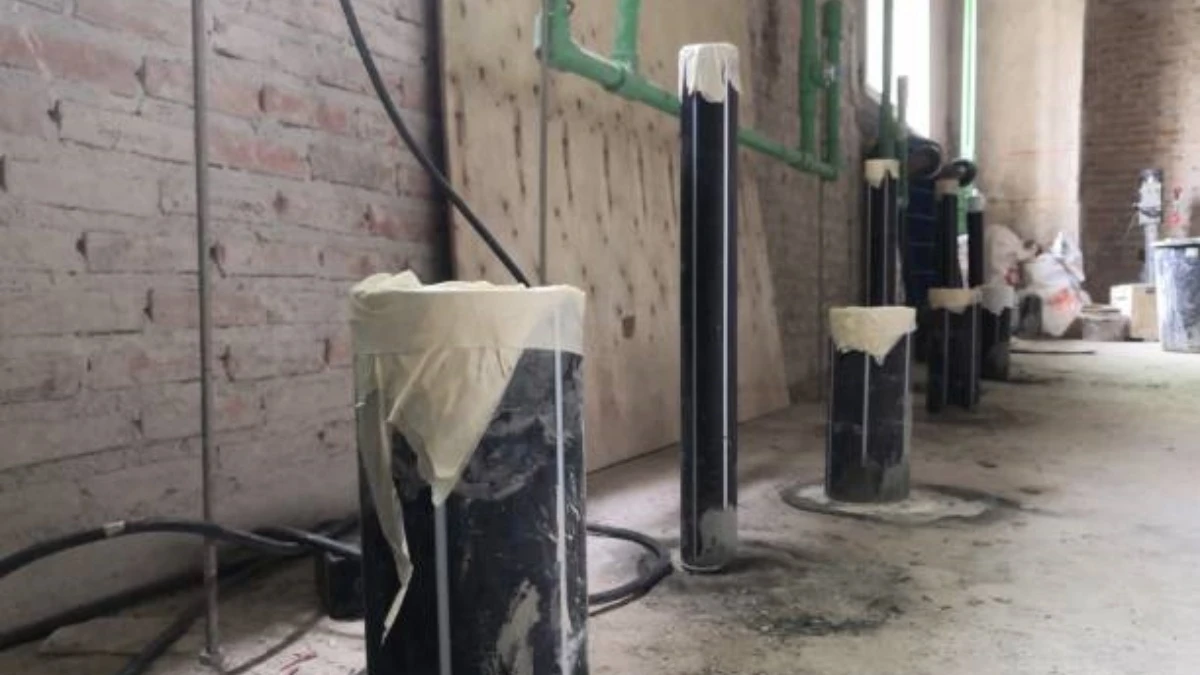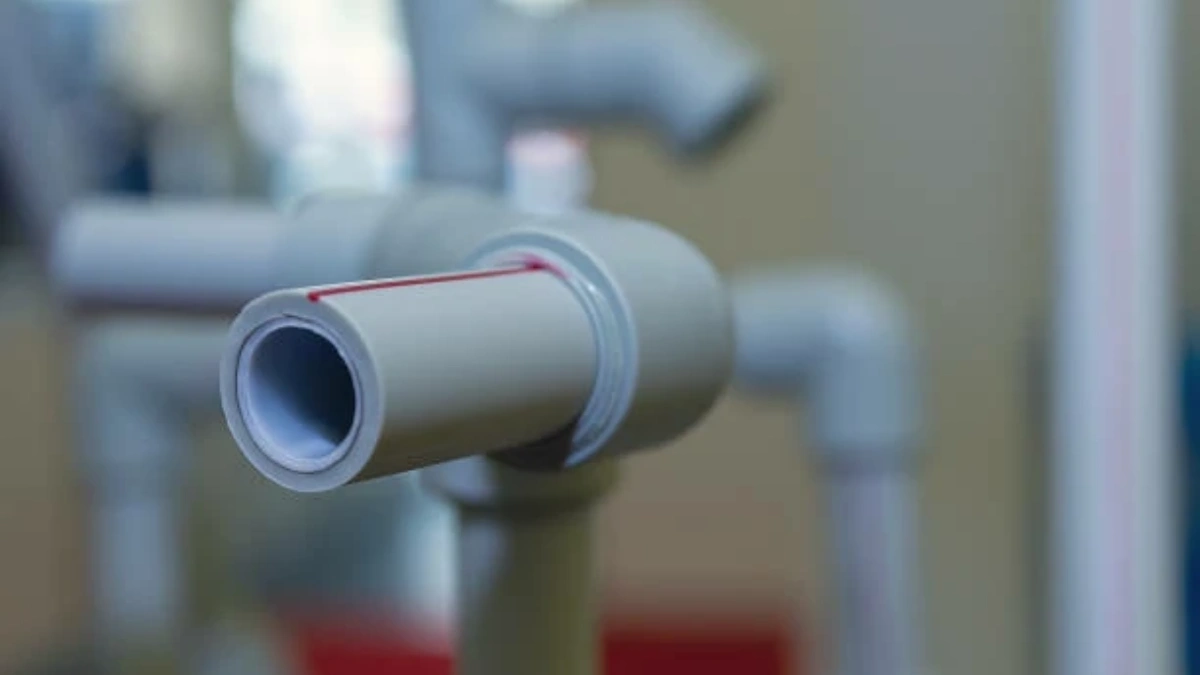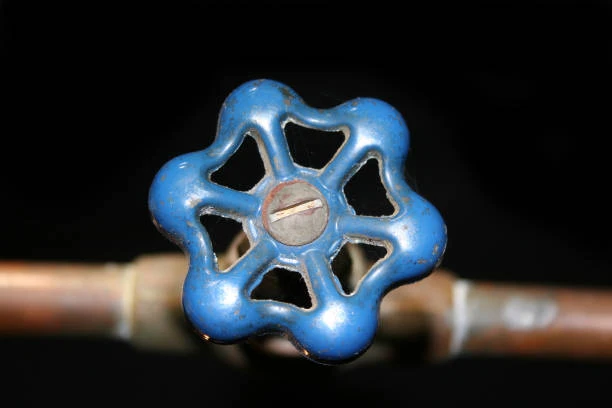The Philippine Coast Guard (PCG) recently reported that the oil leak from the tanker MT Terranova has been classified as “minimal,” thanks to the successful sealing of 14 out of 24 valves. While the progress is promising, the situation remains critical, with the unsealed valves posing potential risks to marine ecosystems and local livelihoods. This article delves into the importance of valve integrity in oil containment, the challenges faced in sealing the valves, and the broader implications for maritime safety.
Understanding the Role of Valves in Oil Tanker Operations
Valves are pivotal in controlling the flow of oil and other liquids within tankers. They regulate transfer processes, isolate sections of the vessel, and prevent spills during emergencies. Each valve plays a crucial role in maintaining the tanker’s structural integrity and ensuring environmental safety.
In the case of the MT Terranova, the ability to seal these valves determines the extent of the leak and the effectiveness of containment measures. Properly functioning valves minimize oil leakage, safeguarding marine ecosystems and reducing cleanup costs.
Challenges in Sealing All Valves on MT Terranova
The PCG’s efforts to seal the MT Terranova’s valves have been met with several obstacles:
- Aging Infrastructure
The tanker’s older valves are prone to corrosion and wear, making them difficult to seal effectively. - High Pressure
Oil tankers operate under immense pressure, and sealing malfunctioning valves requires specialized tools and expertise. - Complex Valve Systems
The intricate network of interconnected valves demands meticulous coordination to ensure proper sealing. - Environmental Factors
Adverse weather conditions and rough seas complicate the sealing process, delaying operations. - Resource Limitations
Emergency situations often require additional personnel and equipment, which may not be immediately available.
Environmental Impact of Unsealed Valves
Unsealed valves on an oil tanker can have far-reaching environmental consequences. Even minimal oil leaks pose a significant threat to marine ecosystems, coastal areas, and local communities dependent on fishing and tourism.
Potential impacts include:
- Marine Life Disruption
Oil leaks contaminate water and affect marine species, including fish, birds, and coral reefs. - Coastal Pollution
Oil washing ashore damages beaches, mangroves, and other coastal habitats. - Economic Losses
Communities reliant on fishing and tourism face financial hardships due to environmental degradation. - Prolonged Recovery
Ecosystems take years to recover from oil spills, with long-term effects on biodiversity. - Global Environmental Concerns
Any oil spill contributes to global environmental challenges, including pollution and habitat destruction.
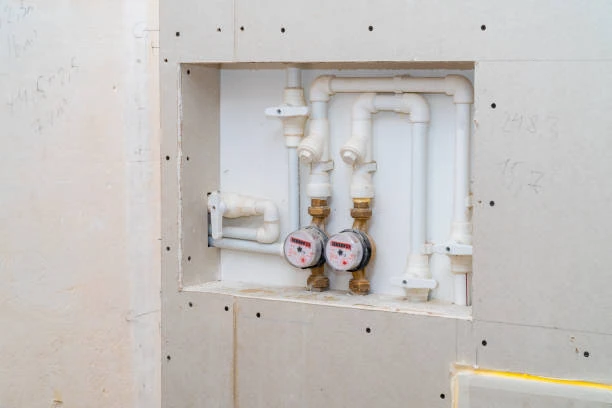
Mitigation Efforts by the PCG
To address the situation, the PCG has implemented several measures:
- Emergency Valve Repairs
Specialized teams are working to seal the remaining 10 valves to prevent further leakage. - Containment Booms
Floating barriers have been deployed around the tanker to confine the leaked oil and prevent it from spreading. - Oil Spill Response Teams
Cleanup crews are on standby to address any immediate environmental threats. - Close Monitoring
Continuous surveillance ensures the leak remains minimal and provides real-time updates on the situation. - Coordination with Stakeholders
The PCG is collaborating with local authorities, environmental agencies, and the tanker’s operators to expedite repairs and mitigate risks.
Lessons from the MT Terranova Incident
The MT Terranova incident underscores the importance of proactive maintenance and regular inspections of tanker valves. Investing in modern valve technologies and robust emergency response systems can help prevent such occurrences in the future.
Key takeaways include:
- The need for routine valve exercising to ensure their functionality.
- The importance of upgrading aging infrastructure to meet modern safety standards.
- Enhanced training for personnel in sealing and maintaining valves under challenging conditions.
- Greater investment in oil spill containment and cleanup technologies.
Future Prevention Strategies
The maritime industry must adopt comprehensive strategies to prevent similar incidents:
- Regular Valve Inspections
Frequent checks ensure valves remain operational and reduce the likelihood of leaks. - Advanced Valve Technologies
Modern valves with improved sealing mechanisms and corrosion resistance can enhance safety. - Proactive Maintenance Programs
Routine maintenance prevents wear and tear, prolonging the lifespan of valves and other critical components. - Emergency Drills and Training
Preparing crews for emergency situations ensures swift and effective responses to valve failures or oil leaks. - Strict Regulatory Oversight
Adhering to international safety standards ensures compliance and reduces environmental risks.
Conclusion
The successful sealing of 14 valves on the MT Terranova marks significant progress in mitigating the oil leak’s impact. However, the unsealed valves highlight the ongoing challenges of maintaining tanker safety and protecting marine environments. By addressing these issues proactively and investing in better technologies and practices, the maritime industry can prevent future incidents and ensure sustainable operations.
FAQs
1. What are valve, and why are they essential on oil tankers?
Valve control the flow of oil and other liquids on tankers, ensuring safe transfer processes, isolating leaks, and preventing spills.
2. Why were only 14 valve on the MT Terranova sealed?
Challenges such as aging infrastructure, high pressure, and limited resources delayed the sealing of the remaining 10 valve.
3. Is the oil leak from MT Terranova under control?
The PCG has classified the leak as “minimal,” with containment measures in place and ongoing efforts to seal all valves.
4. What environmental risks do unsealed valve pose?
Unsealed valve can lead to oil leaks, harming marine life, polluting coastal areas, and disrupting local economies.
5. How can the maritime industry prevent valve-related incidents?
Regular inspections, modern valve technologies, proactive maintenance, and strict regulatory compliance can minimize risks.








